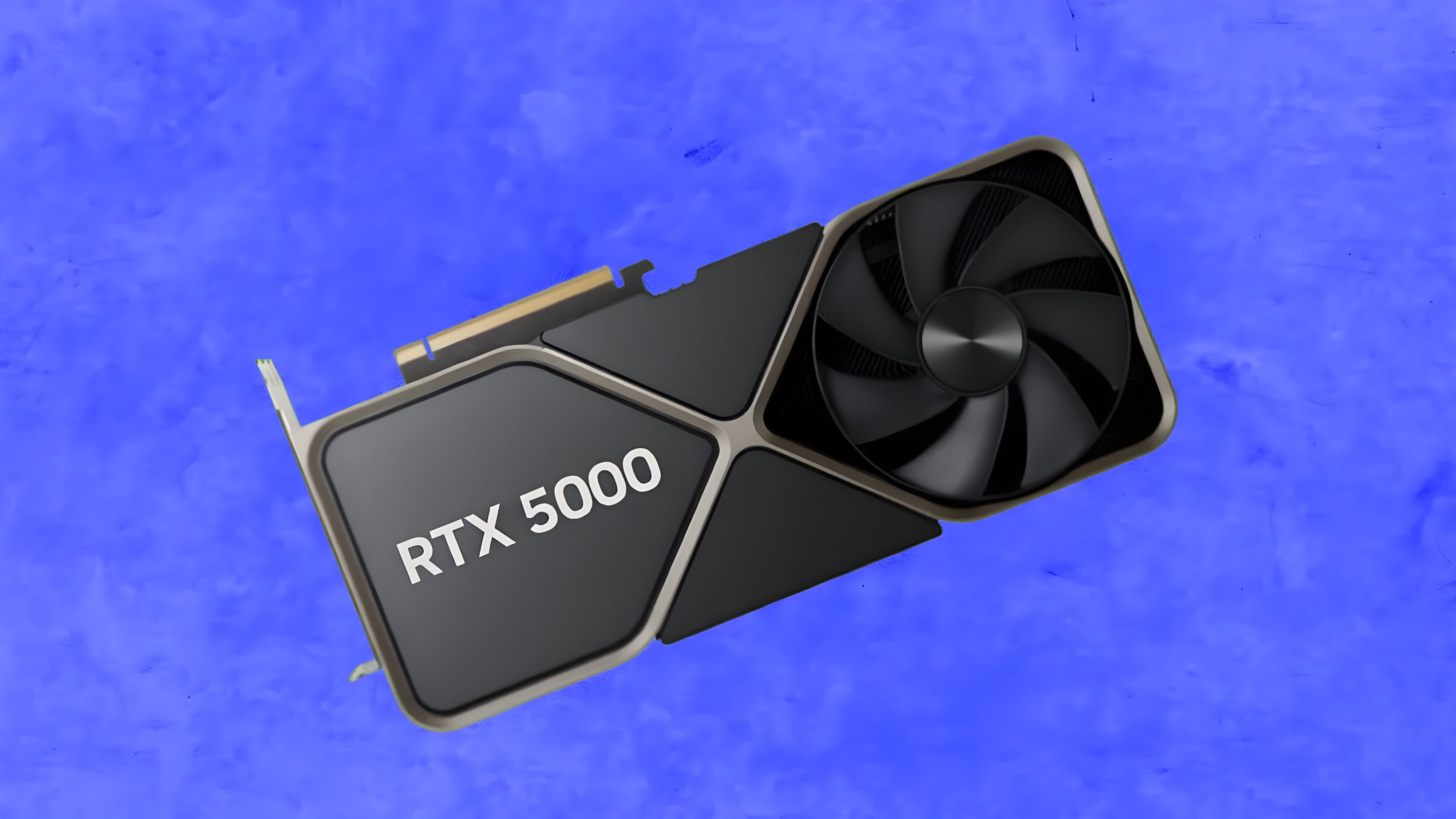Introduction
NVIDIA has unveiled the highly anticipated Blackwell architecture, the foundation of the groundbreaking GeForce RTX 50 series graphics cards. This groundbreaking advancement brings a paradigm shift to the world of gaming and content creation, introducing powerful AI and neural rendering capabilities that redefine visual experiences and unleash unparalleled creativity.
AI-Driven Graphics Revolution
- DLSS 4.0: Utilizing AI to enhance image quality and performance, DLSS 4.0 delivers up to 4x faster frame rates compared to native resolutions. It effectively resolves the trade-off between visual fidelity and performance, allowing gamers to enjoy stunning graphics with smooth gameplay without sacrificing quality.
Neural Rendering Unlocks New Visual Possibilities
Beyond AI-driven graphics enhancement, the RTX 50 series introduces neural rendering, a revolutionary technique that leverages AI to generate realistic images from 3D models in real-time. This transformative capability unlocks a vast array of new possibilities.
- Hyper-Realistic Graphics: Neural rendering produces stunningly detailed and immersive environments that push the boundaries of visual realism. It enables games to showcase intricate textures, dynamic lighting, and immersive effects that captivate players.
- Procedural Content Generation: AI-generated neural rendering opens the door for procedurally generated worlds that are virtually infinite in scope and variation. This technology enables the creation of sprawling landscapes, complex dungeons, and other environments that offer endless exploration and unique experiences.
Performance and Efficiency Enhancements
The GeForce RTX 50 series not only delivers significant graphical advancements but also optimizes performance and efficiency. The Blackwell architecture features:
- Increased CUDA Cores: The RTX 50 series boasts a substantial increase in CUDA cores, providing more computational horsepower for demanding tasks such as AI processing, ray tracing, and video encoding.
- Enhanced Power Management: The Blackwell architecture incorporates innovative power management technologies that optimize energy efficiency. This allows the RTX 50 series to deliver exceptional performance while minimizing power consumption.
Product Range and Availability
The GeForce RTX 50 series encompasses a range of graphics cards tailored to meet diverse performance and budget requirements. From the entry-level RTX 5050 to the flagship RTX 5090 Ti, there is a card to suit every gamer and creator.
The initial lineup is expected to include:
| Model | VRAM | CUDA Cores | Boost Clock |
|---|---|---|---|
| RTX 5050 | 4GB | 2,560 | 2.0 GHz |
| RTX 5060 | 6GB | 3,840 | 2.2 GHz |
| RTX 5070 | 8GB | 5,120 | 2.4 GHz |
| RTX 5080 | 12GB | 7,680 | 2.6 GHz |
| RTX 5090 | 16GB | 10,240 | 2.8 GHz |
| RTX 5090 Ti | 24GB | 12,288 | 3.0 GHz |
Impact on the Industry
The GeForce RTX 50 series is poised to have a profound impact on the gaming and content creation industries. It empowers developers to create more visually stunning and immersive experiences, pushing the boundaries of what's possible in virtual worlds.
Moreover, the AI and neural rendering capabilities of the RTX 50 series open up new avenues for creativity and innovation. It enables content creators to generate photorealistic imagery, design complex environments, and explore uncharted territories in digital art and storytelling.
Conclusion
The NVIDIA Blackwell architecture and the GeForce RTX 50 series represent a monumental leap forward in computer graphics technology. By harnessing the power of AI and neural rendering, these advancements revolutionize gaming and content creation, delivering unprecedented visual fidelity, heightened performance, and boundless creative possibilities. As the industry continues to embrace these innovations, we can expect even more remarkable and immersive experiences in the years to come.
Read also:
Unveiling The Tactics And Triumphs Of The USA's 3-0 Victory Over Costa Rica
Cameron Diaz's Return To Acting: The Catalyst For Her Decade-Long Break
Southern California Wildfires: The Latest Updates And Impacts

